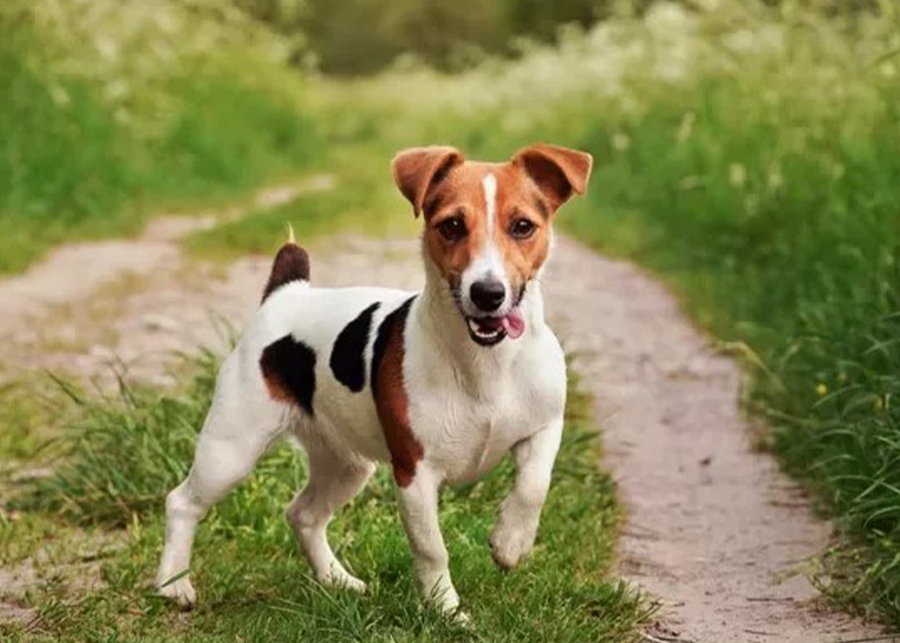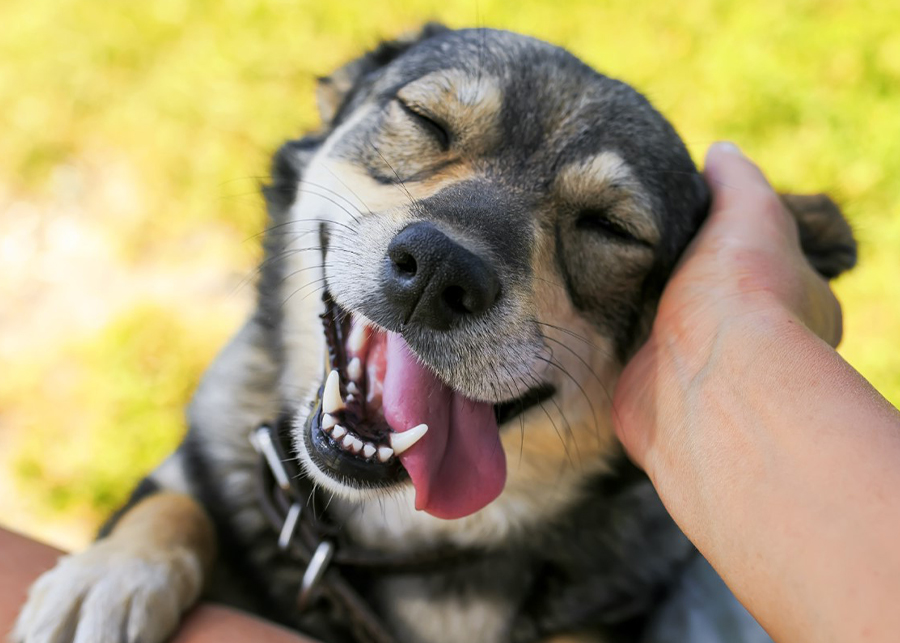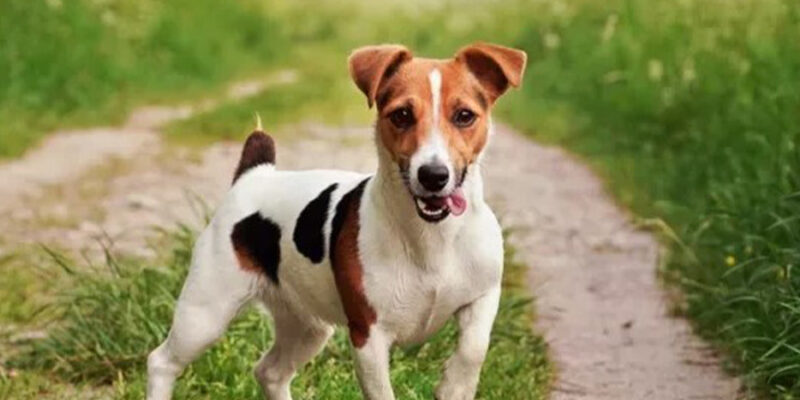As important as it is to think about what type of dog to adopt, it is also vital that you think about how much time you can spend with a dog. Before adopting a dog, think about whether you are prepared to modify your daily routine when necessary. Dog breeds vary greatly in temperament, size, and exercise needs. If you want your dog to become a member of your family, the most important question to ask yourself before adopting a puppy is: What kind of life do I want my new puppy to live?
Adopting a dog requires thoughtful consideration. You must consider the type of lifestyle you want your new pet to lead. You must decide how much exercise and physical activity you can provide for a puppy. For people who like to spend a lot of time on the go, adopting a Jack Russell Terrier or a Border Collie is a good choice.

Tips to Prepare for Adopting a Dog
The process of adopting a dog can be a bit overwhelming, but there are a few things you can do in advance to make the process easier. First, you should set aside time to get to know the dog. Remember that this is a new dog, so you’ll need time to get used to them and create a strong bond. Secondly, you should set aside a designated area in the house for the dog to potty and to get acquainted with everyone else. Thirdly, make sure you have enough space in the house for a dog crate.
Next, you should get all your other pets vaccinated and current on their shots. If you have a cat, you’ll need to have a designated dog-free zone where your cat can adjust to the new dog. All of these preparations will make your new dog’s transition easier and safer.
Getting Your Home Ready for Puppy
There are a number of important preparations that you should make before bringing your new pet home. These include getting a dog bed and a pet gate, and preparing all necessary grooming and training supplies. You should also have training pads and enzymatic cleaner on hand in case your puppy has an accident. It’s also a good idea to babyproof your home, and remove any items that can harm your new pet.
If you have other pets, you should make sure they will get along. Depending on their size and breed, some pets can tolerate each other, but others may not. Also, keep in mind that different pets have different personalities and needs. This means that you may have to experiment with different foods and toys.
When adopting a puppy, make sure your home is ready for the new pet. The new puppy will be used to the familiar surroundings of its mother, so prepare it appropriately. It’s also important to set house rules for your puppy, so that he or she will learn the rules of the house and respect your boundaries.
Gather His Supplies
When you bring home a new dog, you should gather all the supplies needed for the pet’s comfort and safety. This includes basic items such as a dog bed, a pet gate, and toys. You should also prepare grooming supplies for your new pet. It’s also a good idea to have training pads and enzymatic cleaner on hand in case your dog has an accident. In addition, it is a good idea to babyproof your home, removing anything that could be harmful to the new pet.
Naming Your Puppy
Naming Your Puppy can be challenging when you have just brought a new addition
into your life. Choosing a name is a significant decision since it will represent your new canine companion for the rest of its life. However, there are some tips you can follow to narrow down the list of names you’d like for your new pup.
A puppy who was rescued from a shelter or rescue is likely to have been given a name by its original family. Although this may be a good choice, it is possible that the original name has some ambiguous connotations. For example, some animals have negative associations with their name, making it difficult to determine if the dog is truly a good fit.
The first thing to remember is that you are not obligated to stick to the name the shelter gave the dog. You can choose to change the name during the adoption process, provided you’re willing to sign all necessary paperwork. The name that the shelter gave the dog may have triggered unpleasant memories for the dog.
House Training Your New Puppy
One of the first things you will have to do when housetraining your new puppy is take him outside regularly. Puppies should be taken out for a bathroom break every hour or so. You can also take him out once a day after his meal to prevent accidents. A puppy under 12 weeks old does not have the muscle structure to hold the eliminations for long, so it is important to keep him out for this important activity. Make sure to feed your puppy at the same time every day. This will help avoid confusion and accidents in the house.
Puppy toilet training requires a lot of supervision. A puppy has bowel movements after every meal, so it’s important to be home when he does. The best way to house train your puppy is to provide consistent supervision and rewarding him every time he does his business outside. While you should never punish your puppy for an accident, you should clean up any residue that he may have deposited inside. You should also startle your puppy during its accident so he will rush outside and finish. Reward him with a treat or a cue when he finishes. By rewarding him after completing a task, he will be rewarded with a positive feeling and start to associate eliminating outside with the same behavior.
Choosing Your Puppy’s Food
It’s important to provide your puppy with a healthy diet, particularly in the early stages of life. Puppies are tiny bundles of energy, and they need the right nutrients to grow and develop properly. You might be worried that your puppy is not eating, but it might just be that the food you’re serving him doesn’t appeal to him. If this happens, it’s important to learn more about puppy nutrition and the right foods to give your puppy.
You may want to consult with your vet for advice on the best food to give your puppy. You’ll want to feed your puppy food that’s formulated for the stage of life your puppy is in. Your veterinarian can recommend brands and types based on the age, breed, and size of your puppy.

If you’re planning to feed your puppy more than once a day, it’s best to choose a food that’s specially designed for puppies. Puppy food contains the necessary nutrients that your dog needs to grow and develop. Unlike adult dogs, puppies burn off twice as many calories in a day.
Keeping Your Puppy Healthy
If you’re thinking about adopting a dog, one of the first things you should consider is its diet. Your puppy needs complete and balanced nutrition, especially in the first year of its life. This is the most critical time for proper growth, so you should find a food that has the right balance of protein and fat. You should also look for a food package that has the right serving size and recommended feeding times.
When it comes to feeding your puppy, it’s very important that you keep a routine. Try to feed him at the same time every day and take him out for walks often. Consistency is key, since dogs have a strong internal clock. A routine also helps keep accidents in the home to a minimum.
If you find that your puppy seems sick, it’s important to visit the veterinarian regularly. The symptoms of an illness are often subtle, so it’s important to keep an eye out for them. A sick puppy can show signs like excessive scratching, redness or even skin infections. If your puppy is scratching excessively, it may have an infestation of fleas. To prevent the spread of fleas, use flea control products. These products are safe for puppies and all pets. Some dogs also suffer from intestinal parasites, which are potentially fatal.
Puppy Vaccinations
Puppy vaccinations are important for the health of your new dog. Your vet will recommend a series of vaccines and give them to your puppy when they are ready for them. Vaccines can help your dog’s immune system to work better and protect it from nasty things. You should start these vaccinations as soon as possible after you rescue your puppy. Although puppies get antibodies from their mother’s milk in the first few weeks of their lives, it’s still important to give them puppy vaccines to prevent diseases and to prevent the development of allergic reactions.
You should consider getting your puppy vaccinated against the following diseases: hepatitis, leptospirosis, parainfluenza, parvovirus, and coronavirus. Several vaccines protect your puppy from these diseases, but it’s important to choose the right one for your dog based on its environment and lifestyle. For example, if you live in a wooded area, you should consider getting the leptospirosis vaccine. This vaccine protects your dog from leptospirosis, which is a bacterial infection spread by wildlife. It’s usually not fatal but can cause damage to the kidneys and liver.
Tips to Prepare for Adopting a Dog Result
High energy alone isn’t enough to adopt a dog. You must consider whether you have time for the fresh energy of a puppy each day and can offer it food, love and attention. Dogs, like people, have personalities. If you want a dog who is more sedate and independent, adopt a Cocker Spaniel or a Basset Hound.









